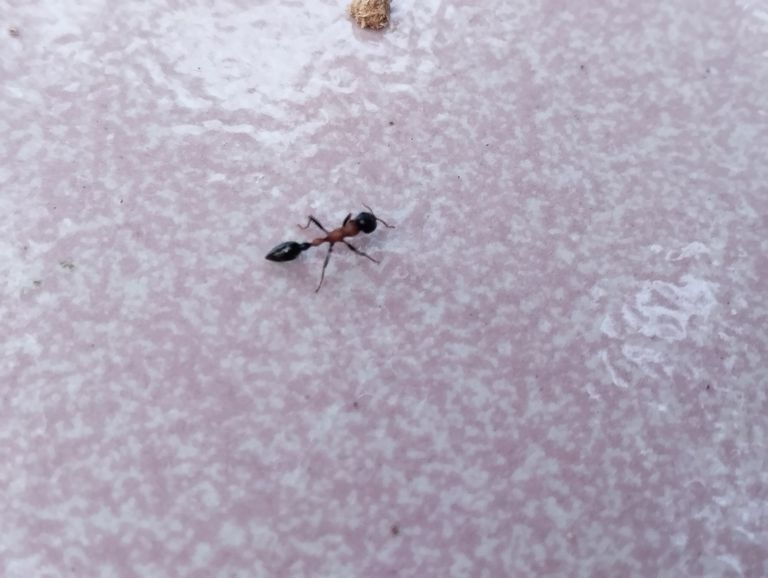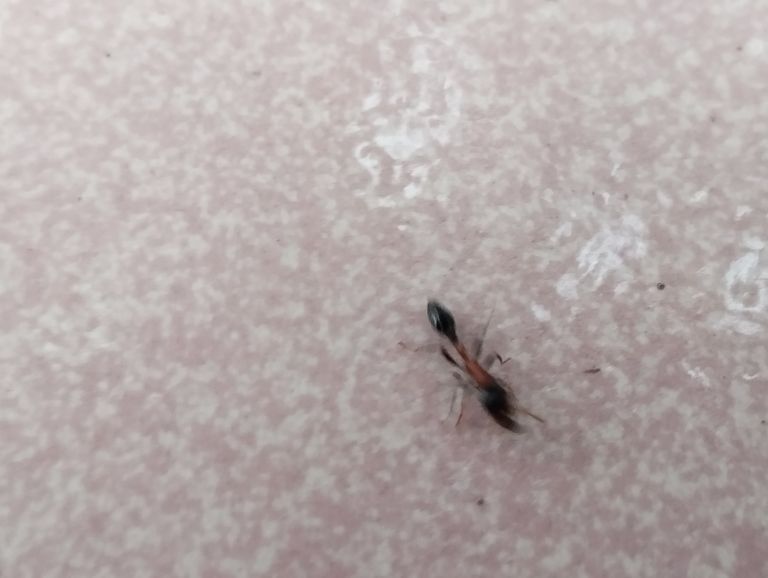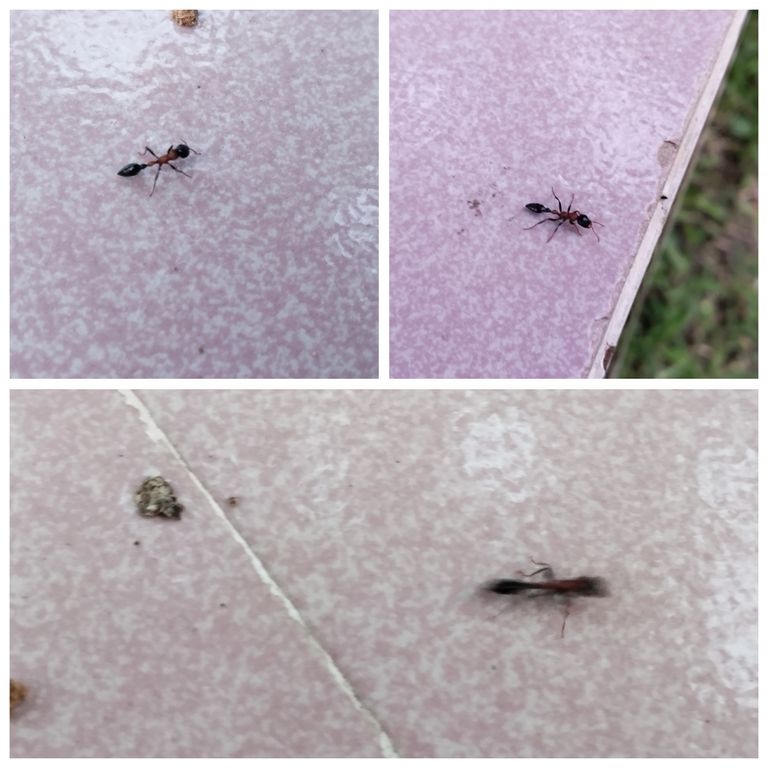
What to Do if a Snake Bites an Ant: Emergency Guide.
Introduction
In nature, many unlikely interactions happen. Among them, one of the rarest is a snake bite on an ant. While it might sound unusual, learning about such scenarios offers a unique view of how nature operates. This article will delve into the steps involved if such an event occurs, the biological dynamics at play, and the potential implications.
Section 1: Understanding Snake and Ant Anatomy
Snake Anatomy: Learn about the fangs, venom glands, and typical biting mechanism in snakes. Why are they equipped for delivering venom?
Ant Anatomy: What makes ants particularly resilient yet vulnerable in some cases? This section will detail their outer shell (exoskeleton), sensory organs, and adaptive defenses.
Section 2: Do Snakes Target Ants?
Typical Prey: Snakes usually hunt small mammals or birds, not insects. Why?
Accidental Encounters: Situations where ants might attract a snake's attention and get bitten.
Section 3: Effects of Snake Venom on an Ant
Types of Venom: Neurotoxic, hemotoxic, and cytotoxic venom in various snake species.
Venom Impact on Ants: How venom affects insects like ants compared to larger animals.
Ant Response Mechanisms: Some ants secrete protective chemicals or swarm to defend against threats.
Section 4: What to Do in Case of a Snake Bite on an Ant?
Step-by-Step Emergency Action:
Immediate Reaction: Understanding that intervention may not be necessary due to natural resilience.
Observation: Monitor for any change in behavior or group response.
Why it’s a Rare Event: Nature generally maintains its course without interference in such cases.
Section 5: Broader Ecosystem Implications
Predator and Prey Interactions: Why each creature has a role.
Human Intervention: When it’s best to observe rather than intervene.
Conclusion
If a snake bites an ant, often nature will handle the situation on its own. This guide, however, provides an in-depth look at a rare encounter to highlight the fascinating complexities of the animal kingdom.
Would you like me to go ahead with the detailed write-up.
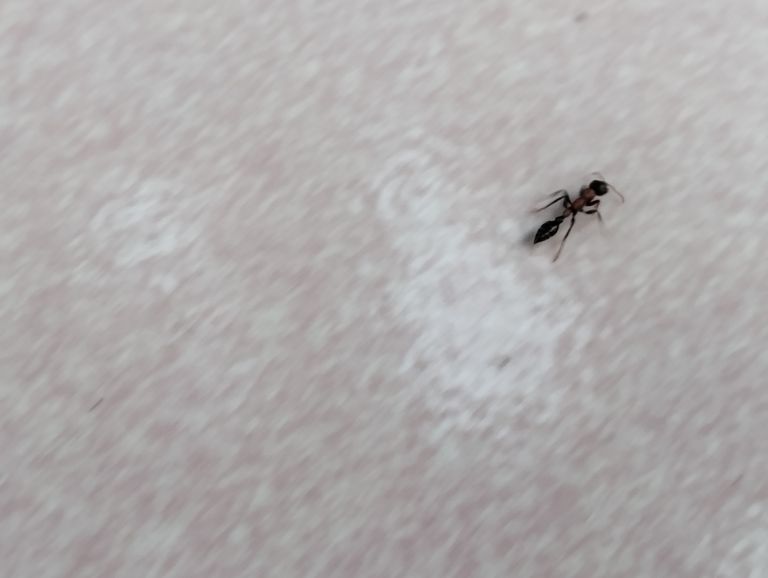
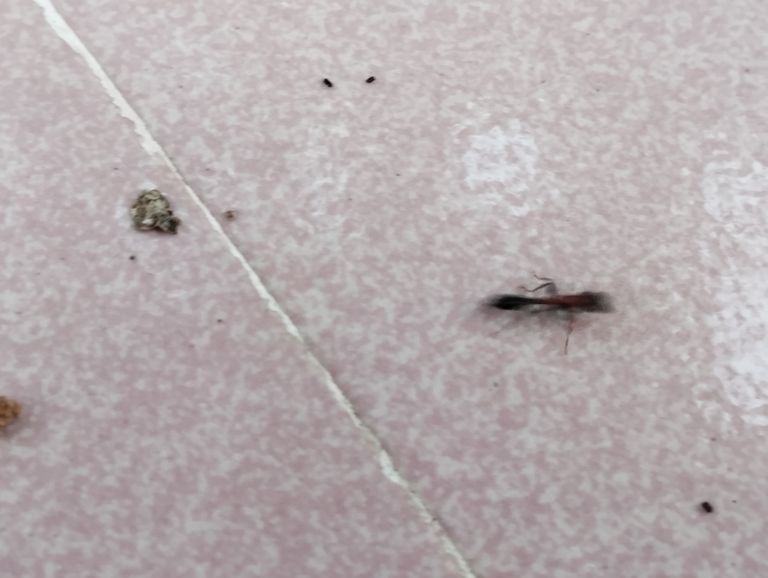
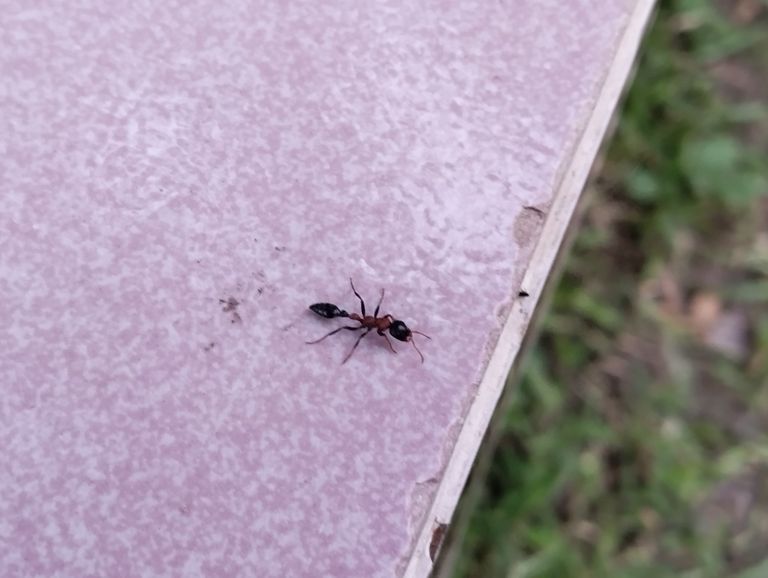
Here's a blog post in English that covers ways to protect yourself from ants and snakes. This will help you address these pests safely and effectively.
How to Protect Yourself from Ants and Snakes
Living in areas with high populations of ants and snakes can be challenging. However, with a few proactive steps, you can make your environment safer and minimize encounters with these creatures. Here’s a comprehensive guide on how to keep ants and snakes away from your home and surroundings.
- Understanding the Nature of Ants and Snakes
Ants: These insects are social creatures that live in colonies. They can enter homes in search of food and water. Some ants can cause damage to structures, while others may bite or sting, making them an annoyance.
Snakes: Snakes, on the other hand, are reptiles that typically avoid human contact. They come near homes mainly in search of food (like rodents) or shelter. Some species of snakes are venomous, so knowing how to keep them at bay is essential.
- Identifying the Reasons for Infestation
To protect yourself from ants and snakes, it’s important to understand why they’re coming near your property. The following factors commonly attract these pests:
Food Sources: Crumbs, spills, and uncovered garbage can attract ants. For snakes, food sources include small animals like rodents and insects.
Shelter: Dense vegetation, clutter, and debris around your home can offer a hiding place for snakes and ants.
Moisture: Leaking pipes, standing water, and damp basements attract ants and, indirectly, snakes by drawing in prey.
- Methods to Keep Ants Away
a. Seal Entry Points: Ants can enter through even the tiniest cracks. Regularly inspect your walls, doors, and windows for any gaps and seal them with caulk or weather stripping.
b. Remove Food Sources: Clean up any food spills immediately and store food in sealed containers. Ensure that garbage bins are tightly closed to avoid attracting ants.
c. Use Natural Repellents: Some natural ingredients can help deter ants:
Cinnamon: Sprinkle ground cinnamon near entry points and areas where ants are commonly seen.
Vinegar Solution: Mix equal parts vinegar and water and spray it around entry points to create a barrier that repels ants.
Lemon Juice: The acidic nature of lemon juice disrupts an ant's scent trails, discouraging them from entering your home.
d. Keep Your Home Dry: Eliminate excess moisture by fixing leaking pipes and using a dehumidifier in damp areas.
- Methods to Keep Snakes Away
a. Clear Yard Debris: Keep your yard tidy and free from clutter, as these are ideal hiding spots for snakes. Remove piles of leaves, stacks of wood, and any other potential hiding places.
b. Maintain Your Lawn: Snakes prefer tall grass and dense vegetation where they can remain hidden. Regularly mow your lawn, trim shrubs, and remove any unnecessary plants.
c. Control Rodent Population: Rodents are a major food source for snakes. If you reduce the number of rodents around your property, snakes are less likely to come searching for food. Use rodent traps or consult pest control experts if needed.
d. Use Natural Snake Repellents:
Sulfur Powder: Spread sulfur powder around the boundary of your property to deter snakes.
Clove and Cinnamon Oil: A mixture of clove and cinnamon oil can act as a natural snake repellent. Spray it around your yard and near entry points.
e. Install Snake-Proof Fencing: If you live in an area where snakes are common, consider installing snake-proof fencing around your property. Fencing should be buried a few inches below ground level and have a smooth surface that snakes cannot climb.
- General Tips for Keeping Both Ants and Snakes Away
a. Regular Cleaning: A clean home and yard are less attractive to pests. Sweep floors, vacuum carpets, and regularly dispose of garbage to reduce the chances of an infestation.
b. Proper Waste Management: Dispose of waste properly, keeping garbage bins away from your home and ensuring they are tightly closed.
c. Lighting Adjustments: Bright outdoor lighting can attract insects, which in turn can attract snakes that prey on them. Use low-intensity lights around your property or install motion-activated lighting.
d. Professional Pest Control: If you’re dealing with a severe infestation of ants or snakes, hiring a professional pest control service may be the best solution. Experts can assess your situation and apply specialized treatments to keep pests away safely and effectively.
- Safety Precautions
If you encounter a snake near your home:
Stay Calm and Keep Your Distance: Snakes will usually try to escape if left alone.
Do Not Attempt to Handle It: Only a professional should handle snake removal, especially if you’re unsure about the species.
Educate Your Family: Teach children and family members about snake safety and how to respond if they see one.
For ants, avoid using excessive chemical pesticides inside your home, as these can pose health risks. Always read product labels and follow safety guidelines when using any type of insect repellent.
Conclusion
By maintaining cleanliness, removing potential food sources, and using natural repellents, you can make your environment less attractive to ants and snakes. Taking these preventive measures can go a long way in ensuring a safe and pest-free living space.
Let me know if you need any additional details or tips.
